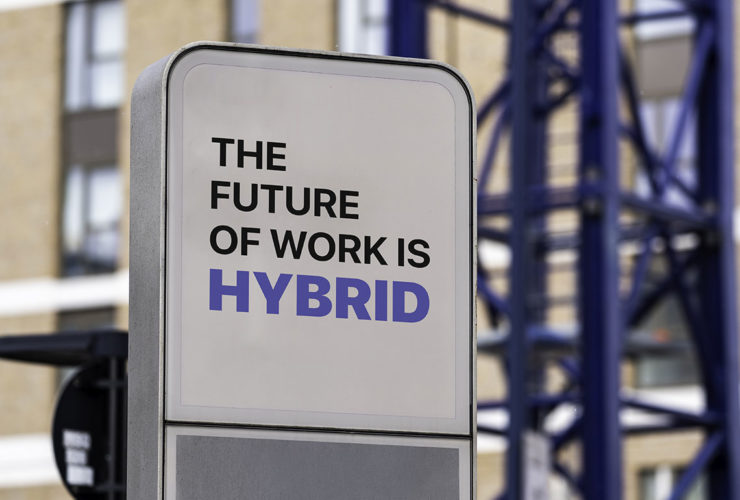One of the best ways to show your company’s commitment to diversity is to have diverse tech teams.
After all, perhaps no field is known more for poor diversity than tech. When you create a positive, inclusive tech culture—with different genders, ethnicities, sexual preferences, etc., all represented and welcomed—it makes a statement that positively impacts your entire organization.
Plus, you’ll reap the well-established benefits of diversity and inclusion, including increased creativity, innovation, and even profits. As Twitter CEO Jack Dorsey has said, “Any time you bring together diverse perspectives, it just creates a bunch of potential that you weren’t expecting.”
Tech diversity begins in the hiring process. That means, of course, that you need to source diverse candidates. But in this post we’ll focus on another key: you need technical interviews to be objective.
How Bias Occurs in Technical Interviews
Tech’s poor diversity reputation is, unfortunately, well deserved. The high-paying field is largely dominated by white men—women, for instance, make up only about 30% of the tech industry.
And, of course, there are the telling anecdotal stories that seem to regularly crop up, often related to the field’s “bro culture.” Just this week a former Uber engineer wrote in a blog post that when she reported receiving unwanted sexual advances to HR and management, they decided not to punish the offender because he “was a high performer.” (The ride-sharing company’s CEO has since said that he’s instructed the company’s chief HR officer to investigate the allegations, Reuters reported.)
We bring this information up to show that talent from groups that are underrepresented in tech and IT often don’t compete on a level playing field. The tilt in the playing field, even for companies that want to increase tech diversity, often begins in the hiring process—with biased technical interviews an especially common cause.
Technical interviews, of course, are a critical component for consistently making quality tech and IT hires. Employers shouldn’t make these hires without evaluating candidates’ relevant skills and experience, but technical interviews can lose much of their value when they’re biased. Unfortunately, many companies’ technical interviews are inherently biased because they rely on internal interviewers or internal interviewing panels. These interviewers—by necessity, techies—are likely to consciously or unconsciously be biased because:
- They could have to work regularly with the new hire, making them more likely to be biased in favor of someone whom they like, or who has a similar background as them.
- They could even have referred a candidate for the job. Not only does that bias them for that candidate and against other candidates, but the candidate they referred also is likely to have the same background as them.
- They could want to maintain the status quo in their tech micro-culture.
Experts have found that homogenous teams feel more comfortable. Conversely, a 2106 Harvard Business Review article found that the reason diverse teams perform better is precisely because they feel less comfortable. So if your tech teams lack diversity, and perhaps feel a little bit too comfortable, perhaps it’s time to examine your technical interviewing process to see if it’s time to make a change.
The Benefits of Using Freelance Technical Interviewers
To reduce bias in the technical interviewing process, you need the interviewers to come from outside your organization.
Some employers use consultants—typically a techie who conducts interviews as a favor of sorts. But there are problems with this approach. It can take a week or more to schedule interviews. And because the process is informal, there can be significant variability in interview quality, there’s unlikely to be a common scoring or reporting system, and there’s no guarantee the interview process is legally compliant.
Today, more and more employers are finding success using freelance interviewers from a technical interviewing provider. The advantages of using freelance interviewers include:
- As independent third parties, they don’t have the bias of an internal technical interviewer. They give the hiring manager the input of a techie without the bias of an internal techie.
- They are trained in technical interviewing best practices, which help prevent any personal biases from coming into play. For example, candidates are asked standardized questions and evaluated on common rating scales.
- Their performance evaluation is solely based on their ability to consistently identify technically qualified candidates.
- Interviews can be scheduled quickly, often within 24 hours.
- Using them allows internal tech talent to focus on projects instead of being distracted by or fatigued with interviewing.
It’s beyond time for diversity to come into tech. Help foster tech diversity at your organization by reducing bias in your technical interviews.







